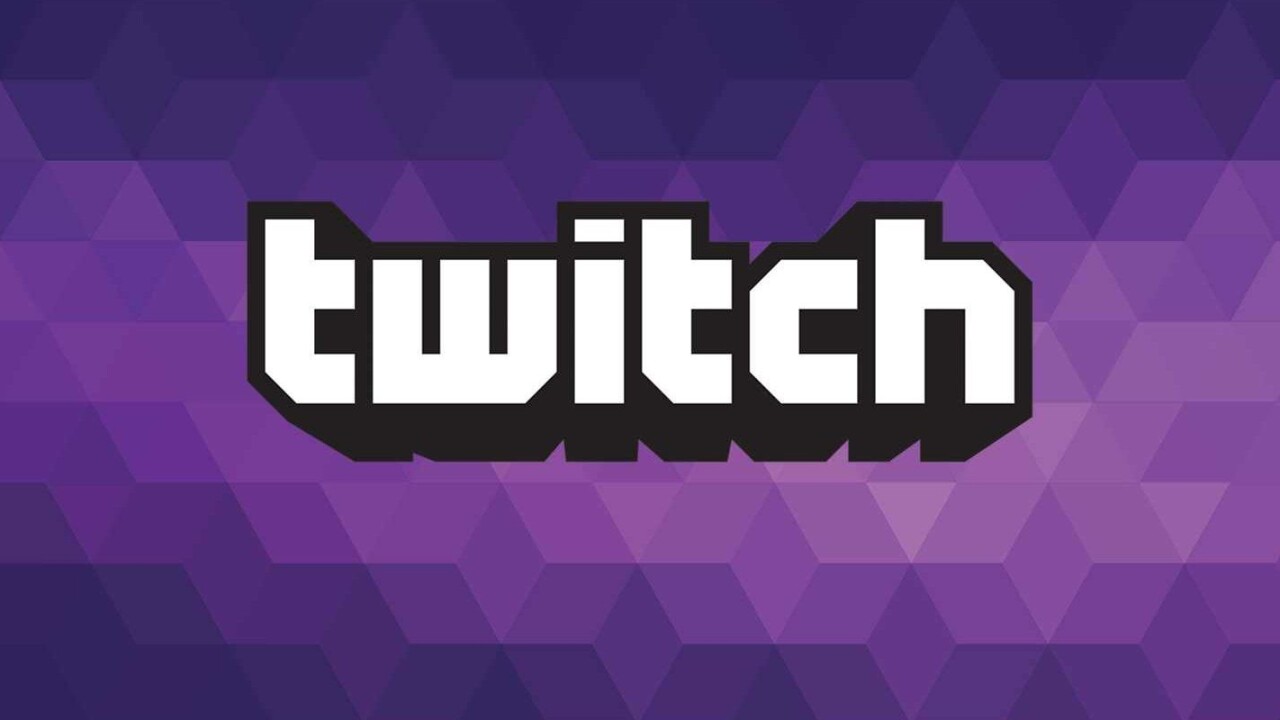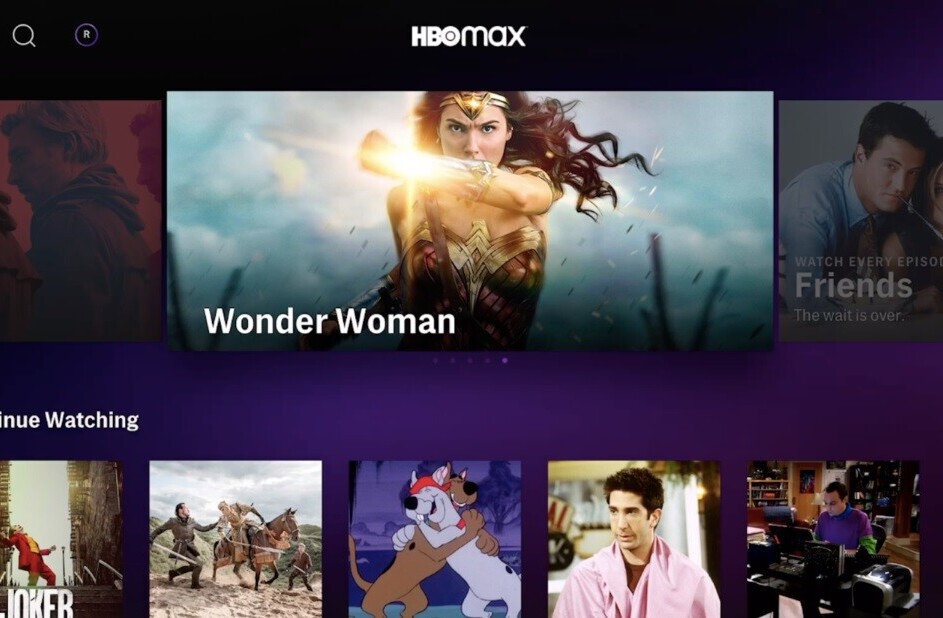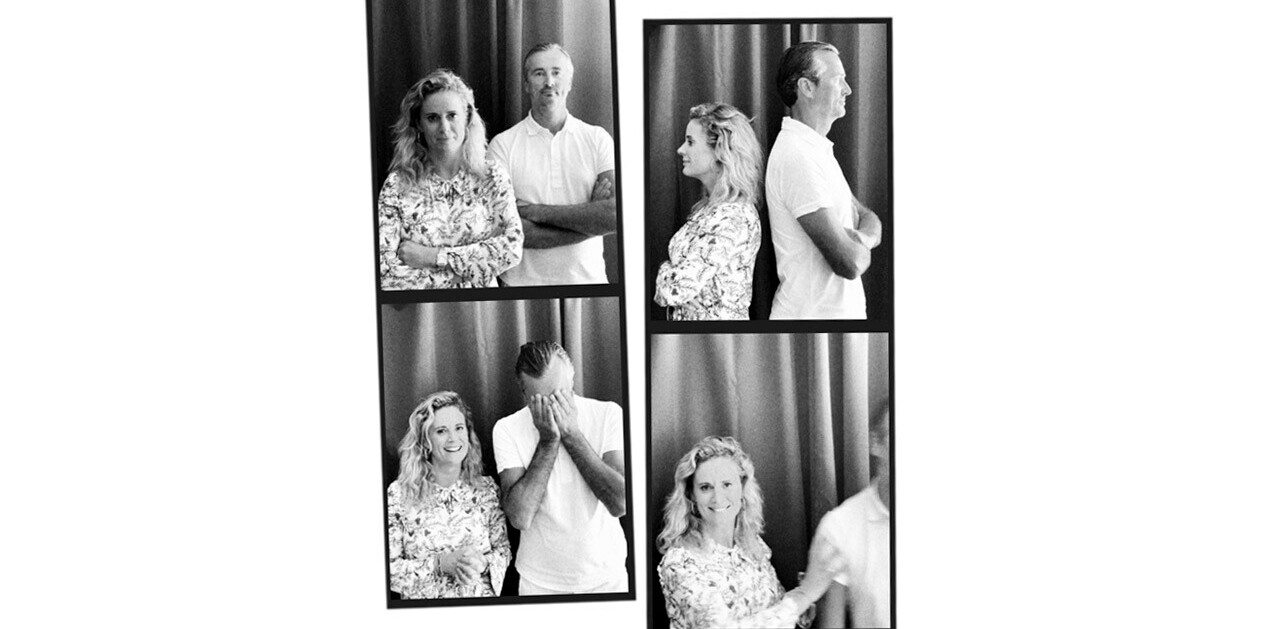
Twitch today revealed that, in a bid to keep its community “safe and healthy,” it’s put together a safety advisory council to help fix its rules and its increasingly unruly viewers and streamers. What exactly they’ll do remains to be seen, but Twitch’s myriad problems mean the platform has to try something.
We’re taking a big step forward for community safety. Meet the new Twitch Safety Advisory Council.
Made up of Twitch creators and online safety experts, the council will advise us on policy updates, new products, healthy streaming habits, and more: https://t.co/HwPo0aanCr pic.twitter.com/l7XIhibsht
— Twitch (@Twitch) May 14, 2020
The council is pretty diverse, including both streamers and “experts who can provide an external perspective.” They include four streamers, two people involved with cyberbullying nonprofits, a co-founder of an inclusive esports nonprofit, and a member of the Center for Democracy and Technology. At first blush, it sounds like exactly the group you’d need to “fix” Twitch’s cracks. Parent company Amazon is no doubt looking to shore up the cracks in Twitch as the global lockdown drives up viewership, which in turn is bringing in interest from potential advertisers.
Among the first duties of the council will be “drafting new policies and policy updates” and “developing products and features to improve safety and moderation.” Emma Llanso, one of the new members and the CDT member, said in a blog post that Twitch’s current policies have, in the past, been confusing and inconsistently applied, and that the council wants to change that.
Joined the Twitch Safety council, particularly hoping to make a difference on transparency and consistency.
Hope I can make you all proud and make a difference! https://t.co/IfHa1E8oKI
— Zizaran (@Zizaran) May 14, 2020
She’s not wrong. Just the sheer number of times streamers have expressed confusion over them should be a clue that they’re not the clearest they could be. The site has also never really seemed to foster positive communities — it’s on the streamers themselves to do that. If you go into a big streamer’s chat, you basically have to roll the dice on whether you’re jumping into a pit of utter toxicity.
Don’t take my word for that — take the word of Jessica Blevins, wife and manager of streaming star Tyler “Ninja” Blevins, who told Business Insider one of the factors behind his move to Mixer was that his chat had become “pretty toxic” and “he was kind of losing himself and his love for streaming.” Similarly, Michael “Shroud” Grzesiek, who also left Twitch for Mixer, mentioned during a stream that he’d shed the more problematic parts of his large community when he left Twitch and “it’s a lot less toxic, which is great.”
The council’s responsibilities would go beyond just taking out the trash. According to Twitch, they’re also going to be “Promoting healthy streaming and work-life balance habits” and “Protecting the interests of marginalized groups.” Both of these tasks would be very important as Twitch has a tendency both towards racism and xenophobia, and it’s also a site where people have literally died trying to stream as much as possible.
One wonders whether the streamers, who have been part of Twitch’s culture for several combined years, have normalized the more unhealthy parts of it. As Kotaku’s Nathan Grayson pointed out, at least one of the streamers — Ben “CohhCarnage” Cassell — at one point streamed every day for over five years, including the day his son was born. Does this make him the best or worst person to determine what a “healthy work-life balance” on Twitch should be? I guess we’ll find out.
I joined this initiative to help bring three main things into this process:
– Transparency: Between partner and Twitch and Twitch and the public.
– Consistency: In the offenses that are picked and the penalties delegated
– Fairness: All partners treated on the exact same level https://t.co/hnROZcO4bR— Cohh Carnage (@CohhCarnage) May 14, 2020
Not that I necessarily think anyone should be imitating Facebook, but at least when it put together its Oversight Council, the four co-chairs outright stated exactly what they wanted to accomplish with it. Whether they can is up in the air, but at least we know what their planned approach is. With the Twitch safety council, we don’t really know how their decisions will be made, and what each member hopes to change in the long-term.
Get the TNW newsletter
Get the most important tech news in your inbox each week.





